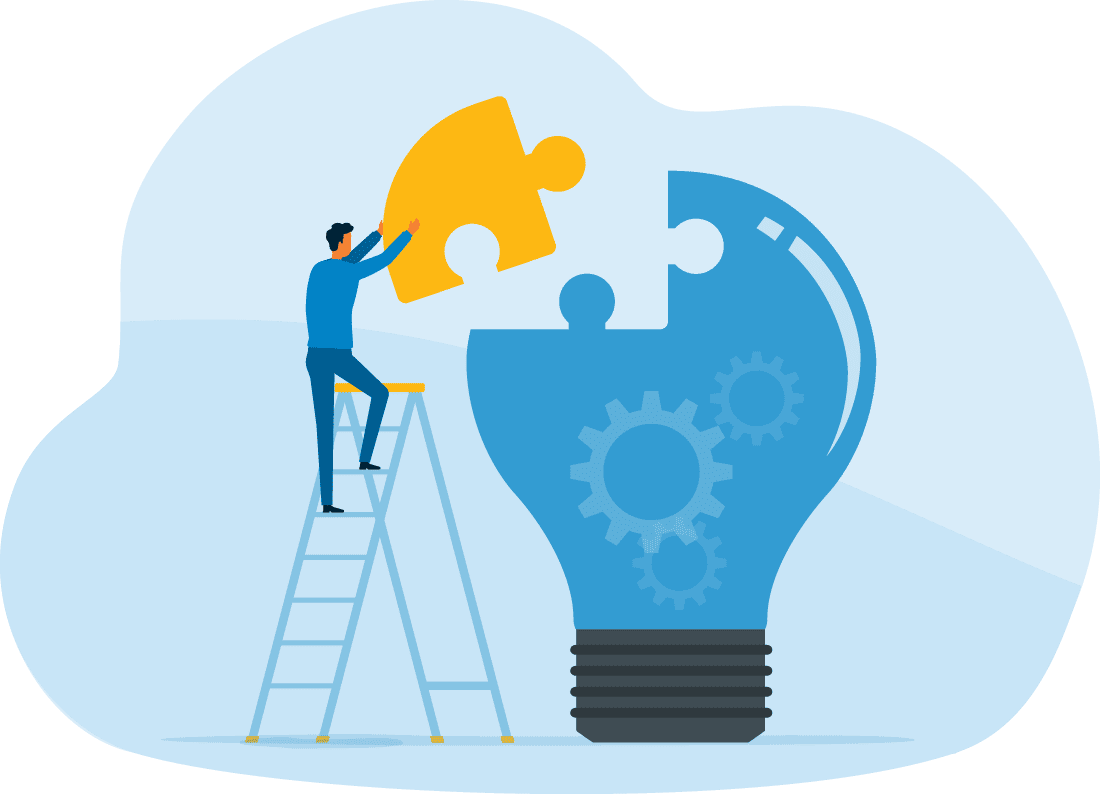

Effective coaching and mentoring programs are powerful tools for cultivating talent, enhancing leadership capabilities, and strengthening organizational culture. They provide structured opportunities for employees to receive personalized guidance, build confidence, and accelerate their professional growth.
Through well-designed coaching and mentoring initiatives, organizations can create an environment where learning is continuous, collaboration is valued, and every individual feels supported in their career journey. Coaching and mentoring not only empower employees but also drive long-term business success by nurturing leaders from within.
One of the greatest challenges facing organizations today is the development of future leaders. Coaching and mentoring programs offer a strategic approach to leadership development by identifying high-potential individuals and providing them with the support and preparation needed to step into more significant roles.
These programs offer personalized leadership training that goes beyond theory, giving mentees and coachees real-world insights into decision-making, strategic thinking, and people management. Through regular, structured interactions, future leaders gain access to the wisdom of experienced professionals, build critical leadership competencies, and prepare for the complexities of higher responsibility.
By investing in leadership pipelines through coaching and mentoring, organizations ensure a steady, reliable flow of talent ready to meet tomorrow’s challenges.
In fast-paced industries, the transfer of knowledge is essential for maintaining organizational stability and competitive advantage. Coaching and mentoring systems provide an effective way to capture and disseminate institutional knowledge, best practices, and specialized skills across generations of employees.
Senior professionals and subject matter experts are paired with newer or less experienced employees, creating relationships that foster the sharing of valuable expertise. This exchange not only strengthens operational continuity but also builds stronger, more resilient teams.
Knowledge transfer through mentoring minimizes the risk of skill gaps due to turnover and retirement, ensuring that critical know-how remains within the organization and continues to evolve.
Employees who feel supported and valued are more likely to be engaged, motivated, and committed to their organizations. Coaching and mentoring programs contribute significantly to employee satisfaction by providing a clear pathway for career development and personal growth.
When employees have access to mentors or coaches who believe in their potential and invest in their development, they build stronger emotional connections to their work and to the organization. This leads to higher retention rates, better performance, and a more positive workplace culture overall.
Structured support systems demonstrate that the organization is committed to the success and well-being of its people, which in turn fosters loyalty, trust, and a shared sense of purpose.
Effective coaching and mentoring programs do not happen by accident; they require thoughtful design and careful implementation. Each program must be tailored to the specific needs, goals, and culture of the organization.
Program structures may vary, including one-on-one coaching, group mentoring circles, peer-to-peer partnerships, or executive coaching for senior leaders. Matching mentors and mentees thoughtfully, establishing clear objectives, providing training for mentors and coaches, and setting up evaluation mechanisms are all critical steps to ensuring success.
Flexibility is also key. Programs must be adaptable to accommodate the evolving needs of participants and the changing landscape of the organization. Regular feedback loops and program assessments help fine-tune the experience, maximizing impact for both individuals and the business as a whole.
Coaching and mentoring programs are more than temporary initiatives; they are long-term investments in people and in the future of the organization. By embedding these systems into the fabric of company life, organizations foster a culture where continuous learning, collaboration, and empowerment become standard practices.
Through structured support, personalized guidance, and the exchange of knowledge, employees are equipped to navigate their careers with confidence and contribute meaningfully to the organization's ongoing growth and success.
A well-designed coaching and mentoring program turns potential into achievement and builds a thriving community of capable, inspired professionals.